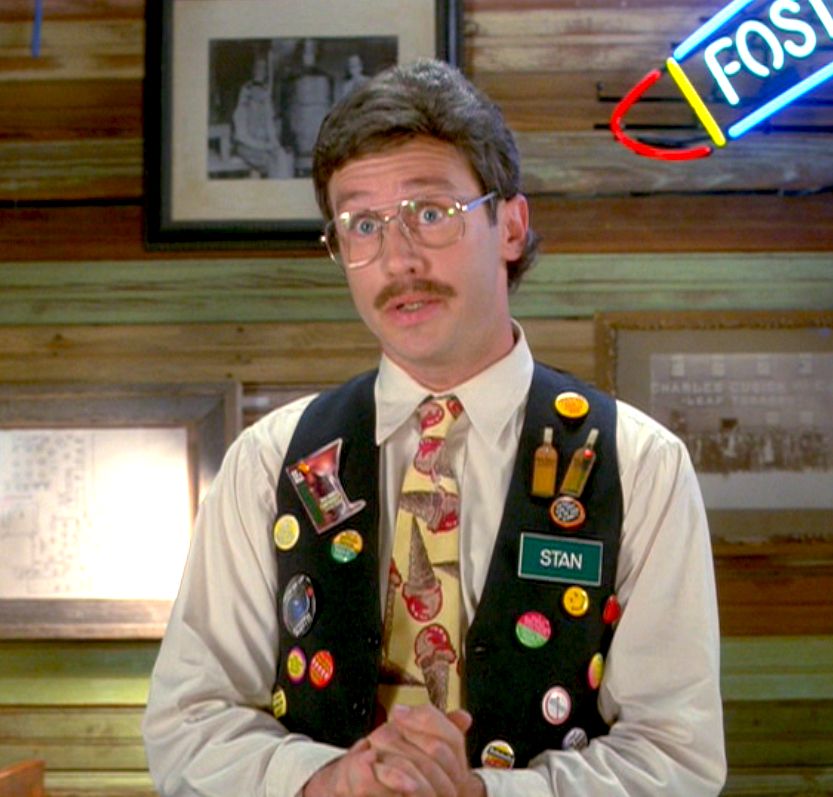
Are you a 'cultural fit' for your job? Machines can now tell
Companies want to know whether candidates will suit their way of working. Now they are increasingly asking algorithms to take on this task.
"The computer says you'll probably work well with the humans at this firm."
If you think that sounds like a joke, think again. Large businesses have been trying to partially automate the hiring process for years, with CV-scanning systems and computerised testing that can sometimes filter out candidates with minimal human oversight.
But now organisations are increasingly asking algorithms to assess whether a person will be a good "cultural fit" at the firm. That doesn't – necessarily – mean people will get on socially with their colleagues, it means their way of working will suit the organisation at large.
At London-based start-up ThriveMap, a consultancy offering pre-hire assessments of prospective candidates, the answer is to use interactive questionnaires that "simulate" a day in the life of a new employee.
ThriveMap's clients are generally large firms, where job opportunities can attract hundreds or thousands of applications. "You can't offer a trial shift to every candidate that applies," says chief executive and co-founder Christopher Platts.
However, it is possible to ask candidates a series of questions digitally, via video clips or written text. For instance, the successful applicant might have to get up early to start a shift on time or deal with a higher workload when the weather is bad. How do they feel about that and how would they go about it? The survey might also ask detailed questions about how the candidate would attempt to solve a problem should something unexpected happen.
If organisations begin emphasising the importance of "cultural fit", there is indeed a danger that job candidates and existing employees will end up trying to conform at all costs, says Sameer Srivastava at the University of California, Berkeley's Haas School of Business.
He and colleagues have recently studied how to detect signs of cultural affinity in the text that employees write to one another in email messages and Slack chats. The researchers have also analysed how employees manage their digital calendars and respond to event invitations.
By using a text analysis method called Linguistic Inquiry and Word Count (LIWC), Srivastava and his colleagues say they are able to tell how well-fitted an employee is based on how they use personal pronouns in email messages, for instance. Do they signal team awareness by referring to work that "we" are doing – or do they rely on "I" and "me" a lot?
Using data to find candidates who will be a good cultural fit has its advantages but it isn't without pitfalls, says Tom Calvard at the University of Edinburgh Business School.
If companies set criteria that are too rigid, they could end up hiring the same kind of person again and again, turning the working environment into a monoculture.
It [also] raises the possibility that one's cultural alignment and adaptability could be assessed not just at the point of applying for a job – but also continually, via software installed on company computers and smartphones. While that could help sharpen corporations' competitiveness, employees might also disagree with the algorithmic judgements being made about them, says Calvard.
"In the next 10 years, we may start to see employment tribunals that revolve more around tracking and algorithms – and how that data's been used," he warns.



